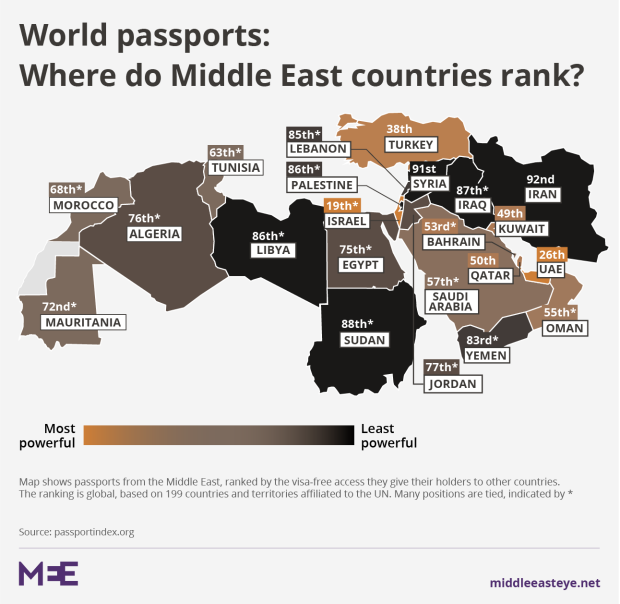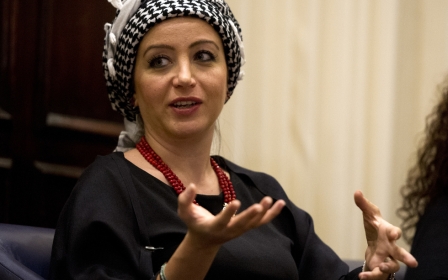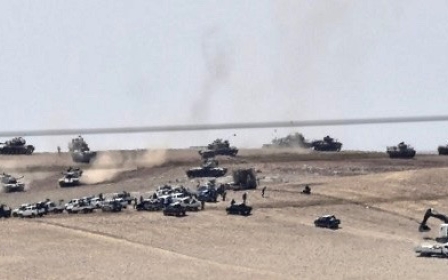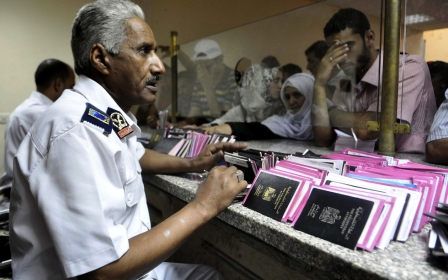Middle East passports: Where does yours rank?
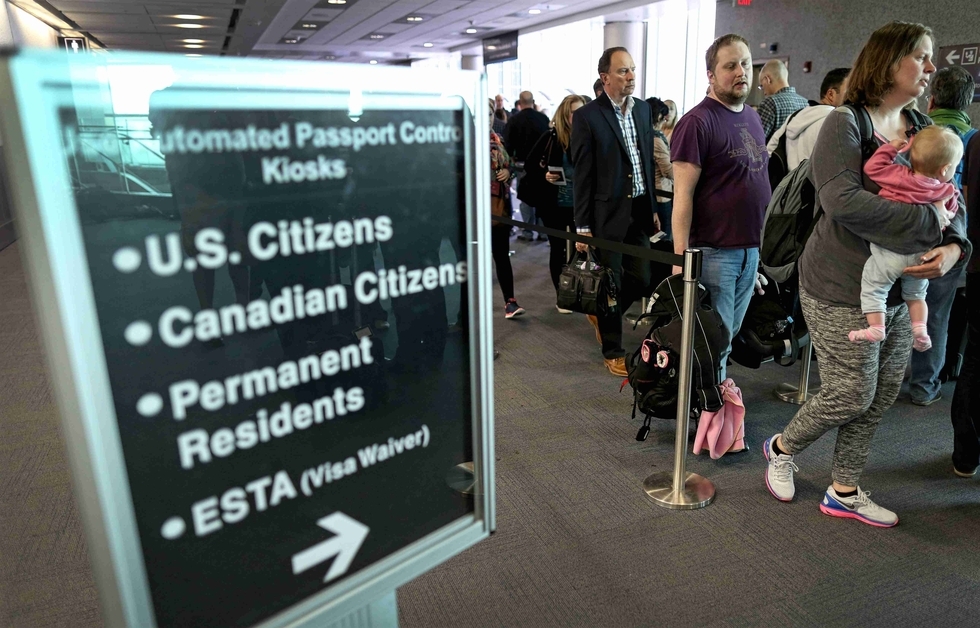
Middle Eastern passports have dominated the rankings yet again for the world's worst passports.
More than half of the top 10 most useless passports around the globe come from the Middle East, where many of the population continue to face heavy travel restrictions.
The ranking, compiled by the Passport Index website, showed that Germans and Britons were able to visit most of the world visa-free - but Iraqis, Syrians and Libyans require paperwork to visit the 199 United Nation countries and territories on the list.
Passports for Afghanistan were ranked the most useless, allowing its citizens to travel to only 23 nations without a visa. The Iraqi passport was deemed the third worst to hold, with Yemen not far behind.
The global financial advisory firm Arton, which has produced the index annually for the past 11 years, drew up the list using information about the development of visa policies.Visa requirements depend on countries' relationships with each other: the ease of either needing a visa - or not - depends on several factors including diplomatic relationships, security risks and reciprocal arrangements.
These countries did well
However, some countries from the Middle East ranked well, including Israel, Turkey and the UAE.
Those with Israeli passports could go to 137 visa-free nations, while those in the Occupied Palestinian Territories could visit only 87 countries without a visa.
The UAE trailed closely behind Israel: its passport gives its citizens access to 122 countries visa-free, with Turkish citizens being able to visit 104 countries.
The passport which provides the most visa-free access is Germany, allowing citizens to visit 157 countries out of 199. The UK, United States and France were all third equal on 155 countries.
New MEE newsletter: Jerusalem Dispatch
Sign up to get the latest insights and analysis on Israel-Palestine, alongside Turkey Unpacked and other MEE newsletters
Middle East Eye delivers independent and unrivalled coverage and analysis of the Middle East, North Africa and beyond. To learn more about republishing this content and the associated fees, please fill out this form. More about MEE can be found here.


